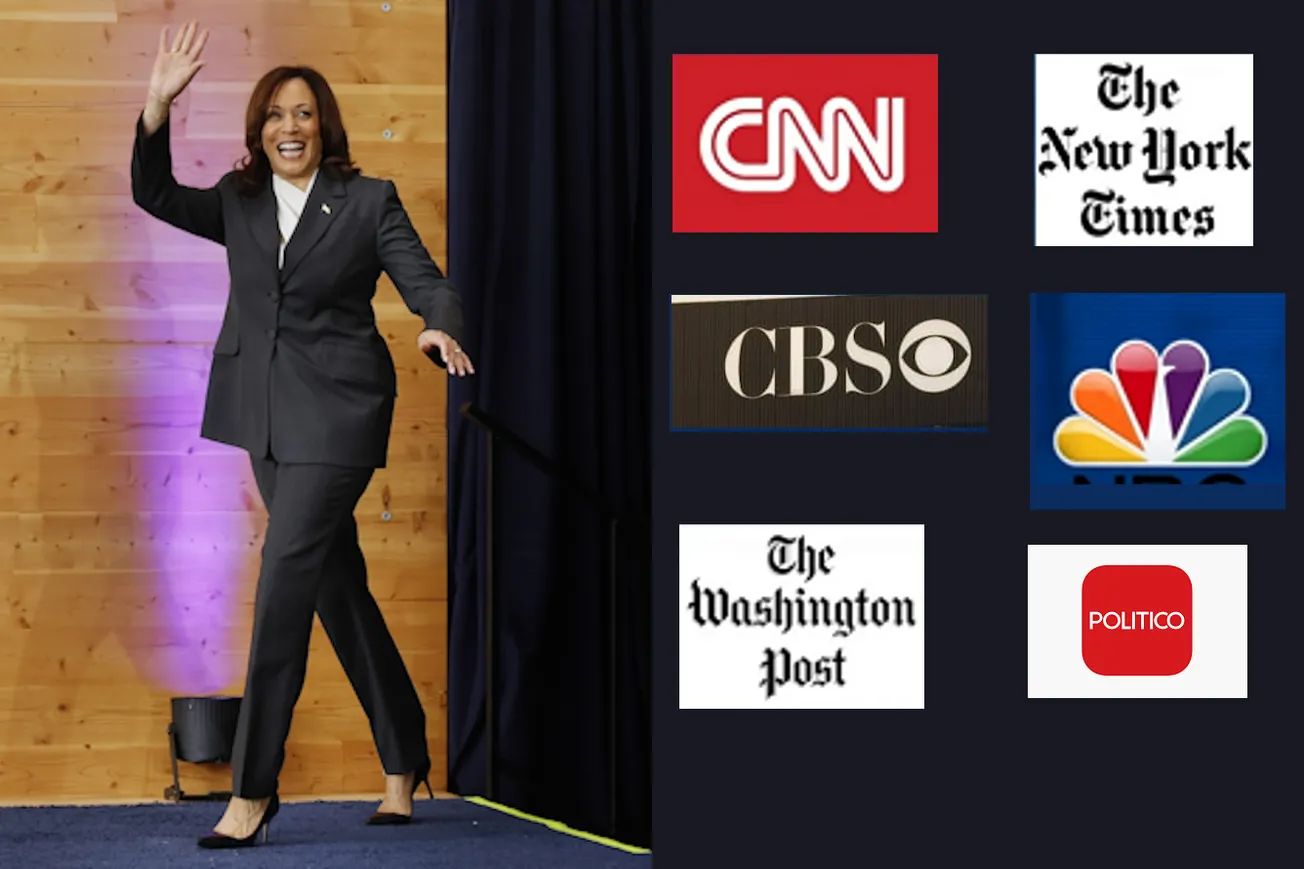By Ron Paul, The Ron Paul Institute | Apr 1, 2024
Last month, the US Senate passed a resolution saying the over 34 trillion dollars (and growing) national debt threatens national security. A few days later, a bipartisan majority of the Senate voted for a 1.2 trillion dollars spending bill. In addition to the usual increases in war and welfare spending, the bill funds gender transitioning for minors without parental consent and red flag laws, which allow law enforcement to seize an individual’s firearms without due process.
Before passage of the latest spending bill, the Congressional Budget Orifice (CBO) released a report predicting that the national debt would exceed the prior record of 106.4 percent of gross domestic product (GDP) by 2028. Interest payments on the national debt are estimated to reach 870 billion dollars this year, more than the government will spend on the military. The CBO estimates that, unless Congress cuts spending (which is highly unlikely), by 2051 interest on the debt will exceed not just military spending but spending on the two biggest items in the federal budget — Social Security and Medicare.
As Eric Boehm of Reason magazine points out, the CBO report understates how much federal spending will grow in the next several decades since it cannot predict what “crises” future congresses and presidents will exploit to ramp up federal spending. As Boehm suggests, someone projecting 30 years ago how much government would spend in the future would not have included the increase in spending due to 9/11, the subsequent creation of a homeland security-industrial complex, the “forever” wars in Afghanistan and Iraqi, the housing meltdown, or the covid lockdown. The hypothetical budget projection would also not have predicted legislation like the Medicare prescription drug benefit or Obamacare.
The large and growing interest on the national debt puts pressure on the Federal Reserve to keep interest rates low. The Federal Reserve’s rate increases, though relatively small, are one reason national debt payments rose by 32 percent since last year. The need for the Federal Reserve to keep interest rates low will further erode the dollar’s purchasing power, subjecting more Americans to the insidious inflation tax. It will eventually cause a loss of the dollar’s world reserve currency status. This will result in a major economic meltdown that will likely lead to widespread civil unrest, the further growth of authoritarian movements on both the left and right, and new restrictions on liberty.
The only way out of this is for Congress to begin winding down the welfare-warfare state. A good place to start is by cutting spending on militarism and forgoing interventionism. Savings from these cuts could be used to ensure those dependent on entitlement and welfare programs are not harmed as Congress winds down these programs. Responsibility for providing support for the truly needy should be returned to local and religious charitable institutions, while responsibility for education should be returned to local communities and parents. Congress should also pass legislation requiring any new spending to be offset by cuts in other federal spending and forbidding the Federal Reserve from purchasing federal debt instruments. These steps will be opposed by the special interests that benefit from the current system, but they are the only way to ensure the blessings of liberty and prosperity to our posterity.
Ron Paul is an American physician, author, and politician who served for many years as a U.S. Representative for Texas. He was a three-time candidate for President of the United States, as a Libertarian in 1988 and as a Republican in 2008 and 2012.
Original article link









